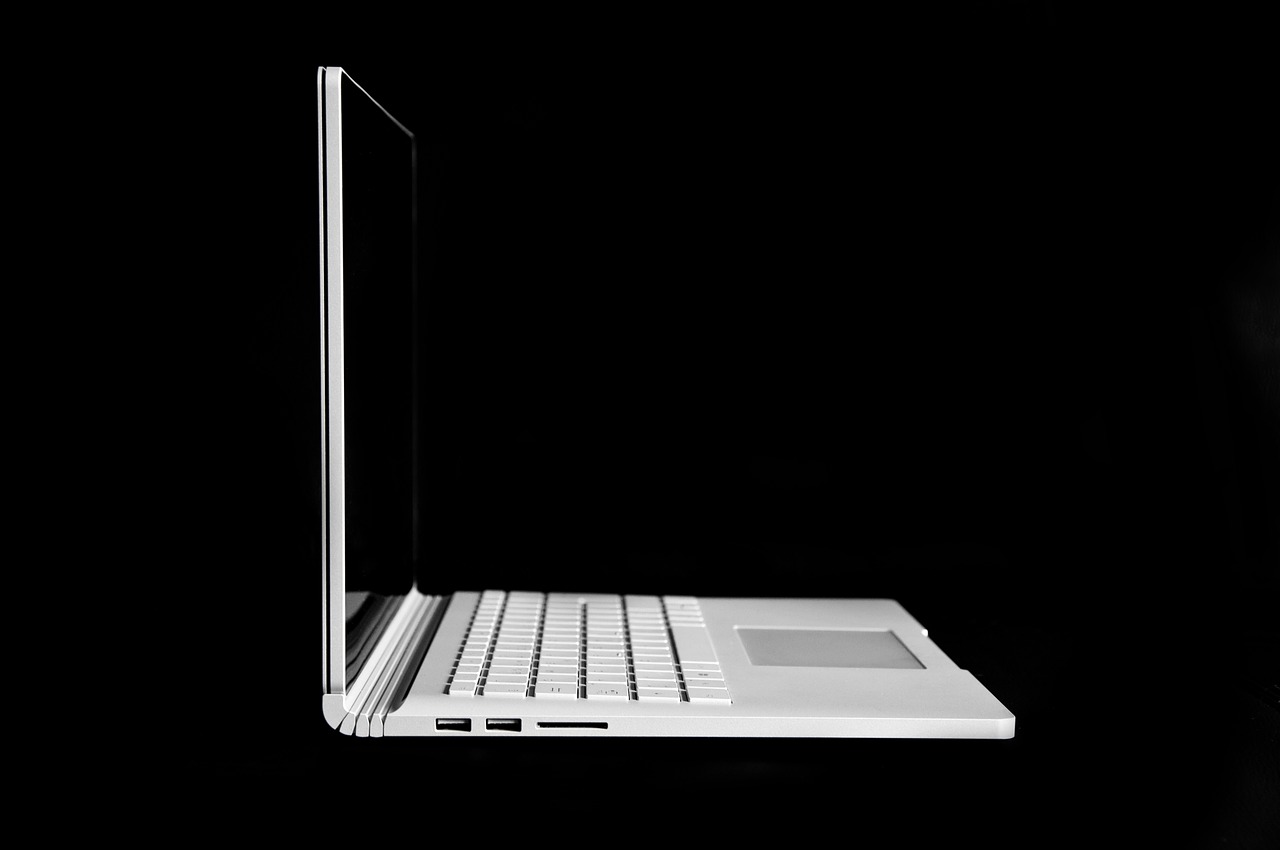What if you could create a replica of yourself that lived far beyond your death?
Last December, Microsoft received a patent for a conversational chat bot that could be someone we know. Through all existing data like letters and social media, the chat bot “becomes” Abraham Lincoln, or your deceased dad, or you.
It also creates lots of questions.
AI People
Small startups and big tech are working on AI. But the Microsoft version hopes to move far beyond the customer support chat bots that ask and answer questions. Whereas existing chat bots are generic individuals with “person-like attributes,” Microsoft’s goal is to enable a chat bot to converse “in the personality of a specific person.”
Furthermore, instead of repeating the past, the technology would have the AI person respond appropriately to current circumstances. So, Thomas Jefferson could comment on BLM or your Mom could give you advice. It could be audio or a 2D or 3D image. On a multiple light-year space flight, the chat bot could survive to share our culture.
According to its patent, Microsoft expects an AI request, collects data, and creates a personality:

Its server then connects to your network and sends the created person to your computer or tablet or phone:

Our Bottom Line: Property Rights
As economists contemplating AI people, we can ask about the property rights that are crucial for capitalism. Ownership creates incentives and dictates who gets profits. It enables property transfers and determines liability. But ownership belongs to “legal personhood.” So we can ask if AI individuals should be perceived as people.
Should an AI person own whatever it writes or develops or invents? One paper asks if an AI surgeon can be sued for malpractice. Or, reversing the situation, can the AI individual sue someone else?
And, if you replicate yourself for your descendants, should you continue to have rights and obligations?
My sources and more: Yesterday I listened to a WSJ Tech News podcast on “digital ghosts.” From there, looking back, I found a Livescience article. Looking forward, I appreciated this legal perspective. Also, it was rather interesting to read the 21-page Microsoft patent.






